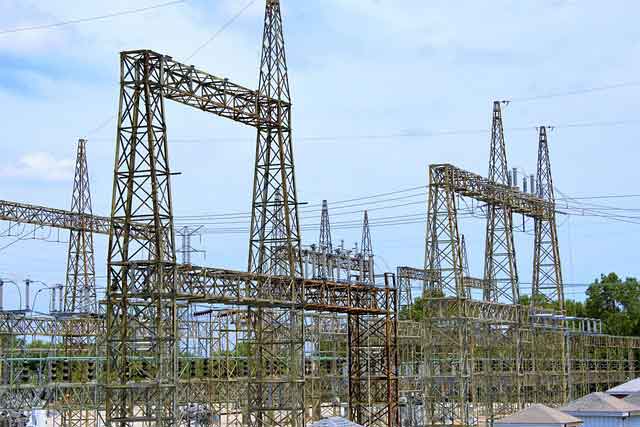Nuclear Plants Keep Power Sources Secure Comed Parent Exelon Takes Precautions After Attack
- Exelon Corp., the largest operator of nuclear plants in the country, said Tuesday that it has placed increased security at its 17 units following terrorist attacks on the World Trade Center in New York and the Pentagon in Washington.
The Chicago-based utility, parent of ComEd, evacuated its headquarters in Chicago as a precaution and stopped non-essential work to have staff available in the event of an emergency.
It also activated its crisis command center in Joliet and its bulk power command center in Lombard. The Lombard facility monitors large transmission lines.
"We've also manned critical substations," said Tabrina Davis, Exelon spokeswoman.
As for its nuclear fleet in Illinois, New Jersey and Pennsylvania, Exelon officials said the plants were built to withstand plane crashes.
And Exelon isn't alone.
Sunoco Inc., which can process 500,000 barrels of oil a day at refineries in and around Philadelphia, added guards and increased patrols, said spokesman Jerry Davis. Non-essential workers were released for the day.
Meanwhile, BP, formerly known as BP Amoco, the largest gas and oil producer in the country, continued to operate all of its refineries and supply chains Tuesday albeit under heightened security measures, said spokesman Scott Dean.
BP, which has a huge refinery in Whiting, Ind., and offices in Chicago and DuPage County, allowed non-essential employees at offices around the United States to go home and gather with their families after the morning's terrifying events, Dean said.
Southern Co., which operates four utilities in the Southeast, increased security at its Farley nuclear plant in Alabama and its Hatch and Vogtle plants in Georgia, said Bill Keller, spokesman for the company's Alabama Power utility.
Entergy Corp., a New Orleans-based owner of power plants, increased security at all its nuclear plants, including the Indian Point 1 and 2 reactors in Westchester County, just north of New York, spokesman Carl Crawford said.
Related News

Parsing Ontario's electricity cost allocation
TORONTO - Ontario’s large commercial electricity customers can approach the looming annual decision about their billing structure for the 12 months beginning July 1 with the assurance of long-term relief on a portion of their costs. That’s to be weighed against uncertainties around energy demand and whether a locked-in cost allocation formula that looked favourable in pre-pandemic times will remain so until June 30, 2022.
“The biggest unknown is we just don’t know when the people are coming back,” Jon Douglas, director of sustainability with Menkes Property Management Services, reflected during a webinar sponsored by the Building Owners and Managers Association…




